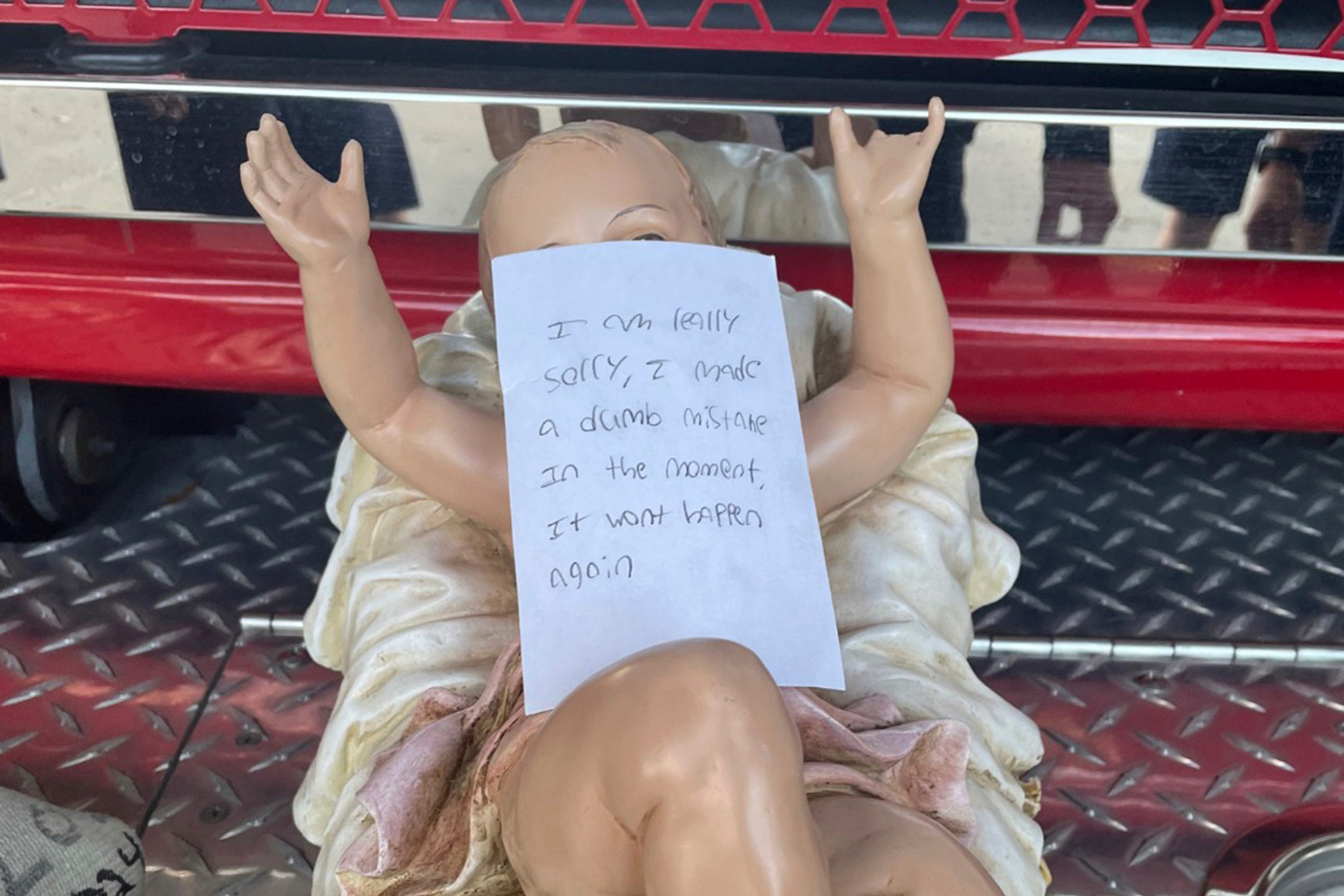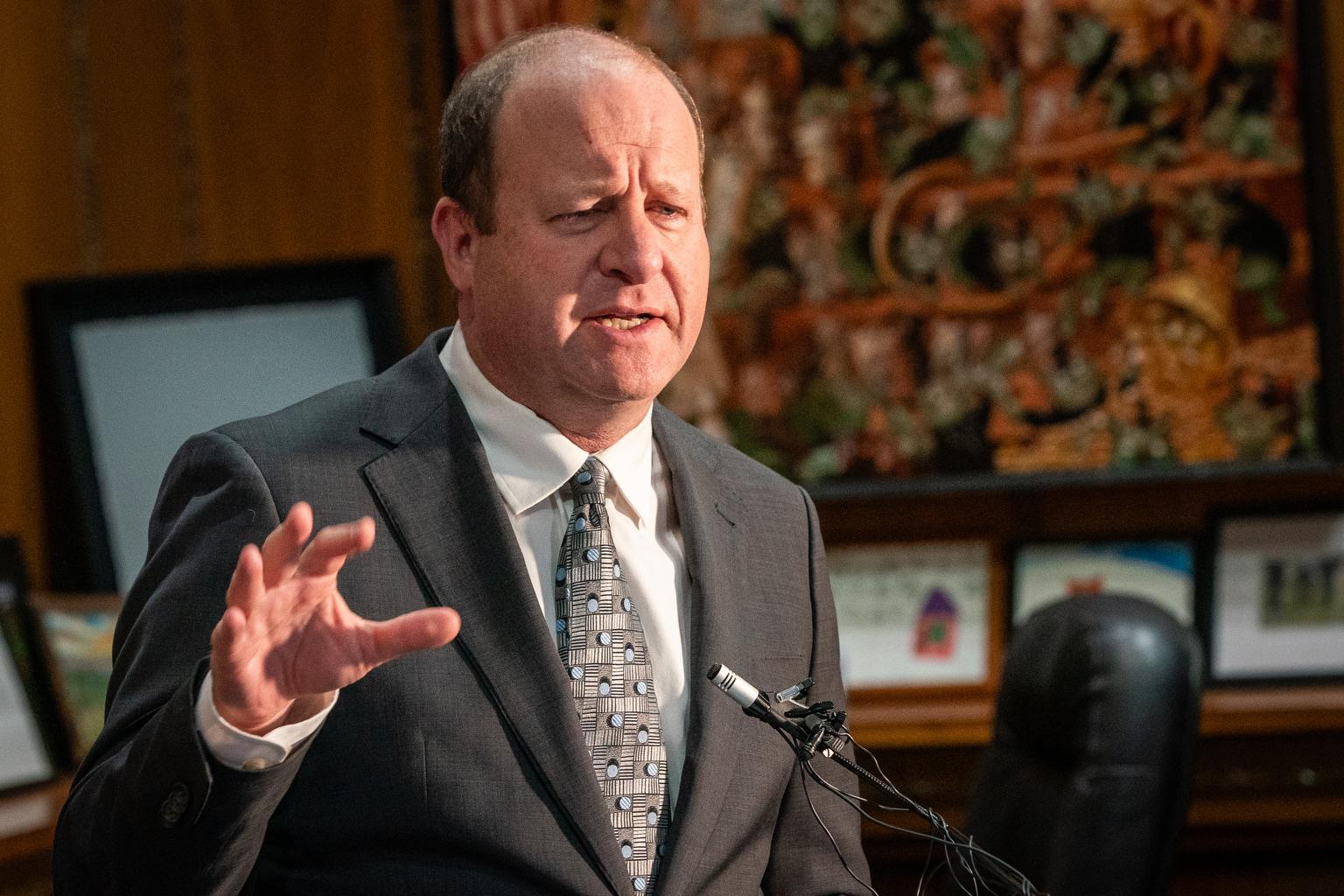Originally published on June 4, 2018 6:45 pm
In the summer of 2012, fiancés David Mullins and Charlie Craig tried to order a wedding cake from a shop in a Denver suburb. The owner of Masterpiece Cakeshop refused to serve the same-sex couple because of his Christian beliefs. Now, the Supreme Court has sided with the baker, but not for the reason you might expect.
The court's decision was based on the baker's treatment by state leaders in Colorado. Justices said a state commission demonstrated hostility toward Jack Phillips' religious beliefs.
Religious organizations like Colorado Christian University and Focus on the Family are applauding the court’s decision.
“We all realized when we heard the decision this morning that the Supreme Court is not placing religious freedom as a second-class right. It is still as important as the Founders deemed it to be,” says Bruce Hausknecht, a judicial analyst with the Colorado-based Focus on the Family.
Mullins says this story isn’t over.
“We brought this case because no one should have to face the shame, embarrassment and humiliation of being told ‘we don’t serve your kind here’ that we faced, and we will continue fighting until no one does,” said Mullins.
Supreme Court members point out in their decision that Jack Phillips, the bakery owner, was “not unreasonable in deeming his decision lawful.” After all, they write, in 2012, they themselves hadn’t yet ruled in a landmark case that the Fourteenth Amendment requires states to recognize same-sex marriages licensed in other states, and same-sex marriage had not yet become legal in the state of Colorado.
The Colorado Civil Rights Commission, they write, did not give Phillips the “neutral and respectful” consideration he deserved:
“The Commission’s treatment of Phillips’ case … showed elements of a clear and impermissible hostility toward the sincere religious beliefs motivating his objection. As the record shows, some of the commissioners at the Commission’s formal, public hearings endorsed the view that religious beliefs cannot legitimately be carried into the public sphere or commercial domain, disparaged Phillips’ faith as despicable and characterized it as merely rhetorical, and compared his invocation of his sincerely held religious beliefs to defenses of slavery and the Holocaust. No commissioners objected to the comments. Nor were they mentioned in the later state-court ruling or disavowed in the briefs filed here. The comments thus cast doubt on the fairness and impartiality of the Commission’s adjudication of Phillips’ case.”
James Esseks, a project director with the ACLU, says the high court ruling does not set precedent for other businesses that might try to withhold services from same-sex couples in the future.
“The bakery got a get-out-of-jail-free card today because of what the court thought of as misbehavior by the civil rights commission. But that doesn't mean that they get to discriminate in the future. Not at all,” says Esseks.
In fact, he says, “If a new same-sex couple walks into that business, I see no reason in this opinion that the Masterpiece Cakeshop is free to turn them away. They asked for that right and they didn’t get that right. The only reason that they might win again is if the Colorado Civil Rights Commission once again engaged in the kind of comments that the court views as anti-religion.”
A similar case will soon head to the Supreme Court, this one about whether a religious florist in Washington state can legally refuse to create custom flower arrangements for same-sex weddings.
This story was produced by the Mountain West News Bureau, a collaboration between Wyoming Public Media, Boise State Public Radio in Idaho, Yellowstone Public Radio in Montana, KUER in Salt Lake City and KRCC and KUNC in Colorado.
Copyright 2018 KUNC. To see more, visit KUNC.








